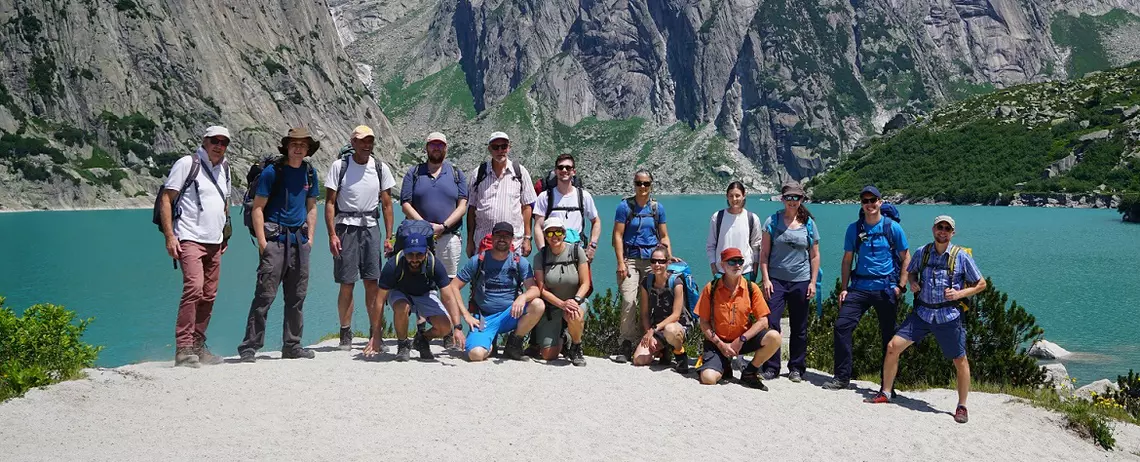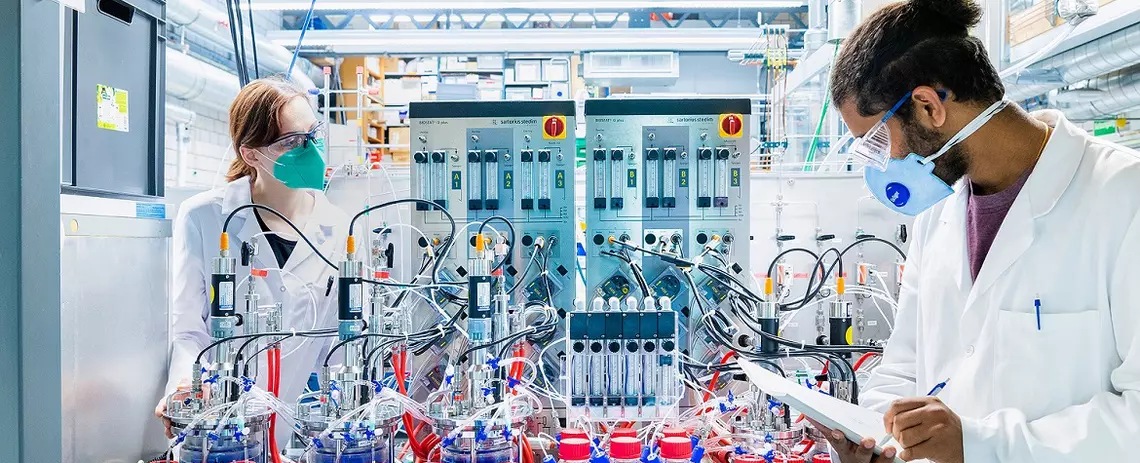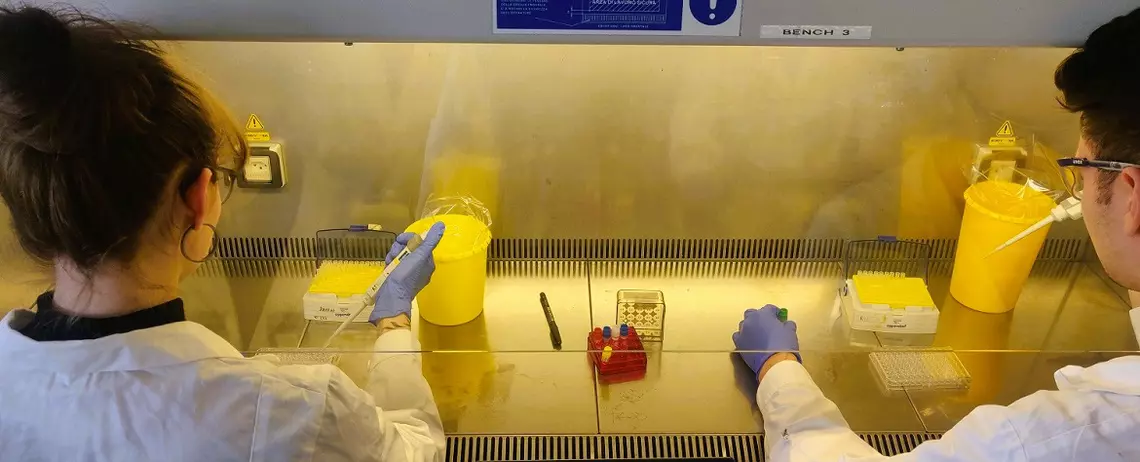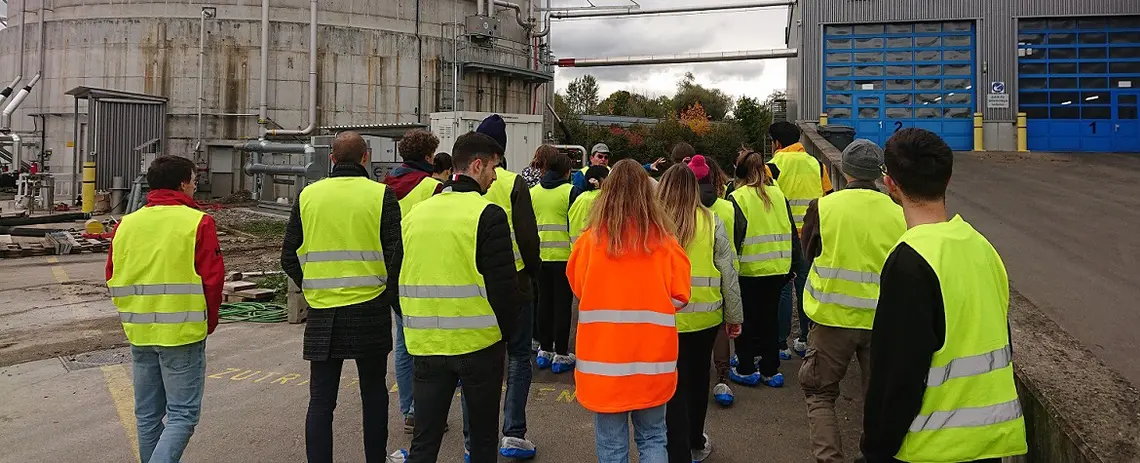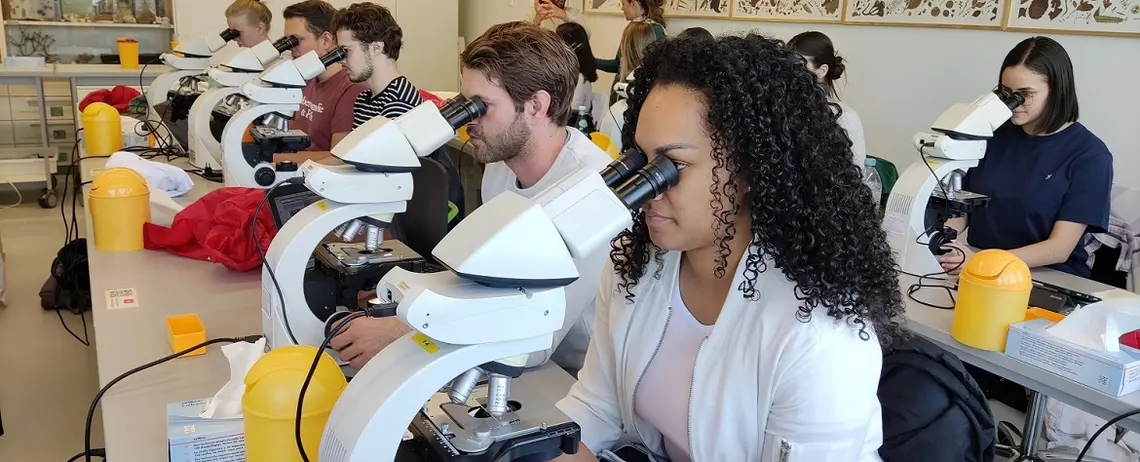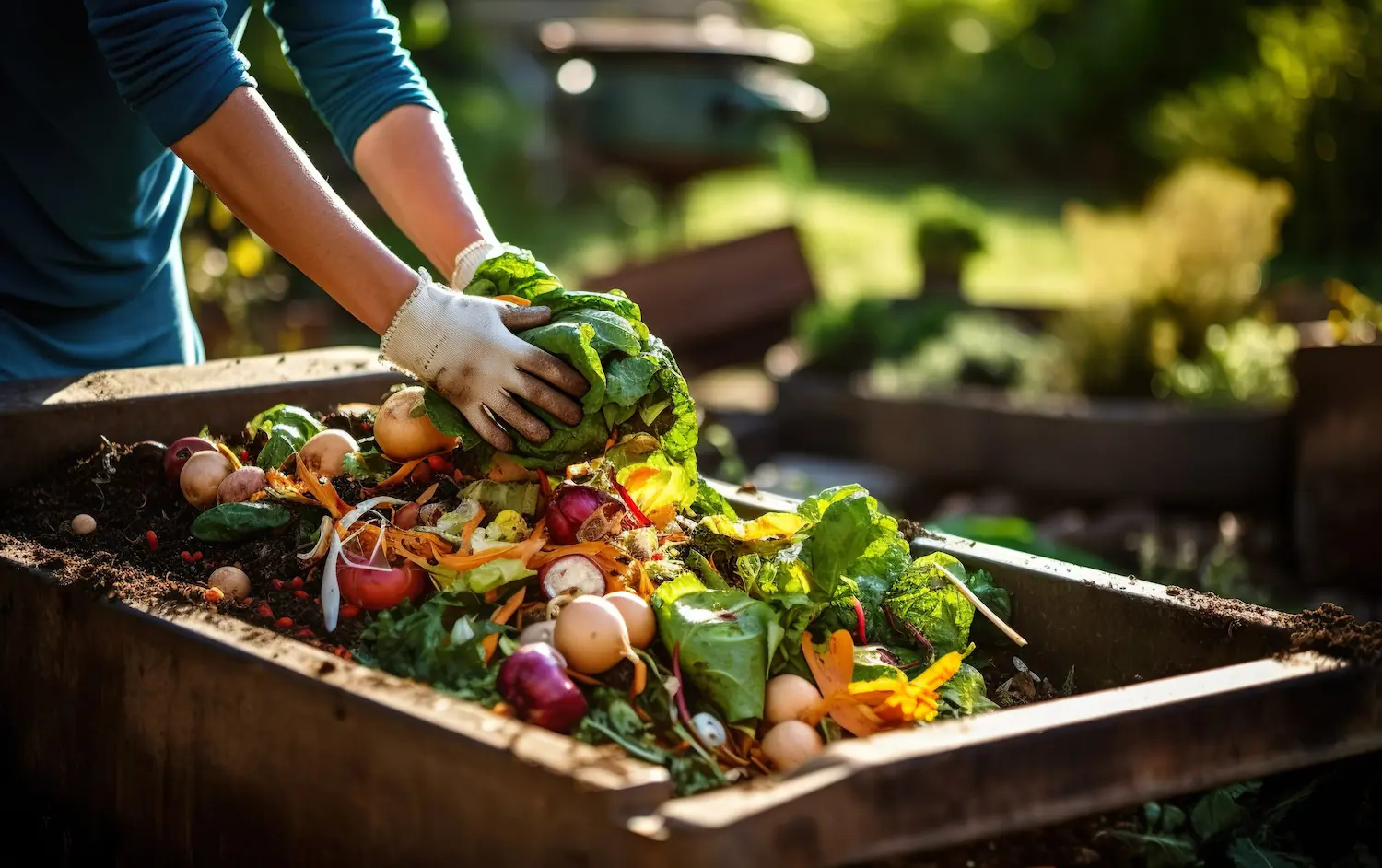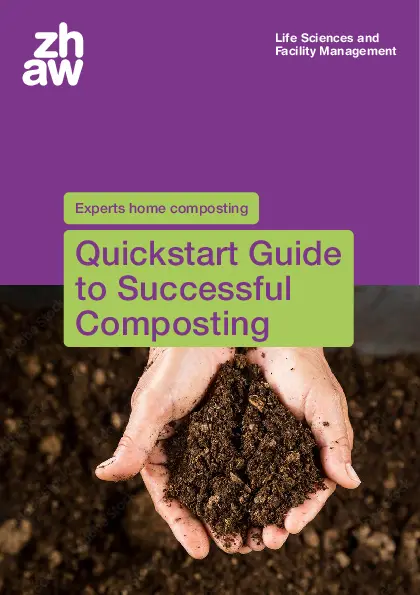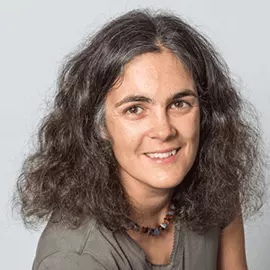Section of Environmental Biotechnology and Bioenergy

«Biomass, waste and wastewater are valuable resources for energy and material production through biotechnological processes in the circular economy of a bio-economy.»
The section Environmental Biotechnology and Bioenergy is dedicated to teaching, researching and promoting forward-looking concepts such as the circular economy and bio-economy. Our main goal is to safeguard the quality of life and the responsible conservation of natural resources for future generations. We are passionate about sustainability and work to preserve and make sensible use of natural resources such as soil, air, water and biomass. Our work in the “Sustainable Solutions” focus area helps to develop innovative solutions that preserve ecological integrity while promoting the new biomass-based economy.
Competencies
Our core competencies include microbiological processes for the conversion and utilization of biomass, organic waste and wastewater into higher-value products. Closing material cycles and the use of renewable energy are the focus of our work.
The tasks at our specialist unit include practice-oriented and applied research on a laboratory and pilot scale, the optimization of technologies and feasibility studies.
Research
Biomass and organic waste
Our fields of activity in the area of biomass:
- Technology for substrate pretreatment
- Survey of biomass potentials
- Presentation of energy and mass flow analyses for biomass
- Food waste: balancing food losses along the entire value chain
- Hygiene concepts for fermentation and composting plants
- Degradation tests in technical composting and under home composting conditions
Bioenergy and Biogas
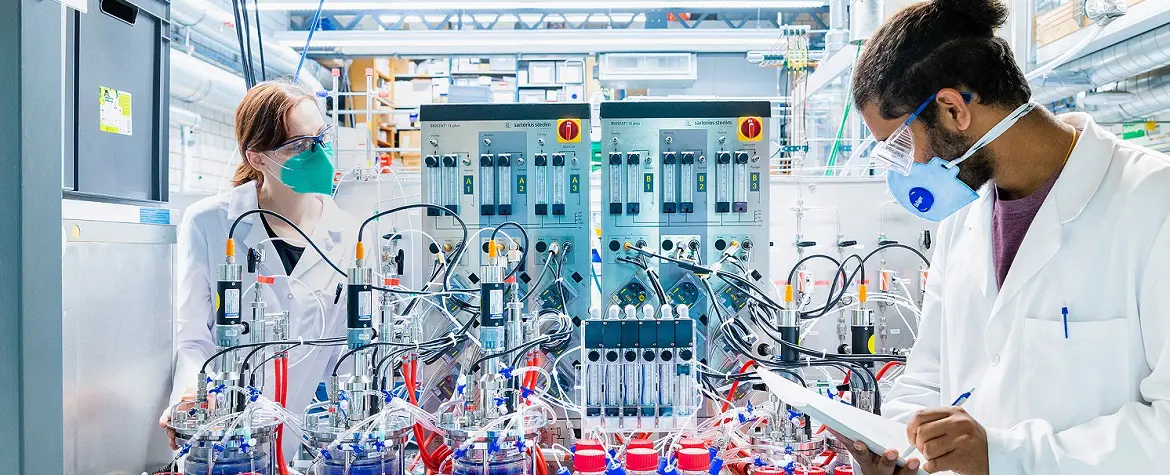
Our fields of work in the area of bioenergy:
- Increasing methane production through upstream microbiological hydrolysis
- Increasing the efficiency of anaerobic microbiology in biogas plants
- Power-to-gas (biological methanation of carbon dioxide and hydrogen)
- Degradation of HTC process water in anaerobic systems
Anaerobic fungi
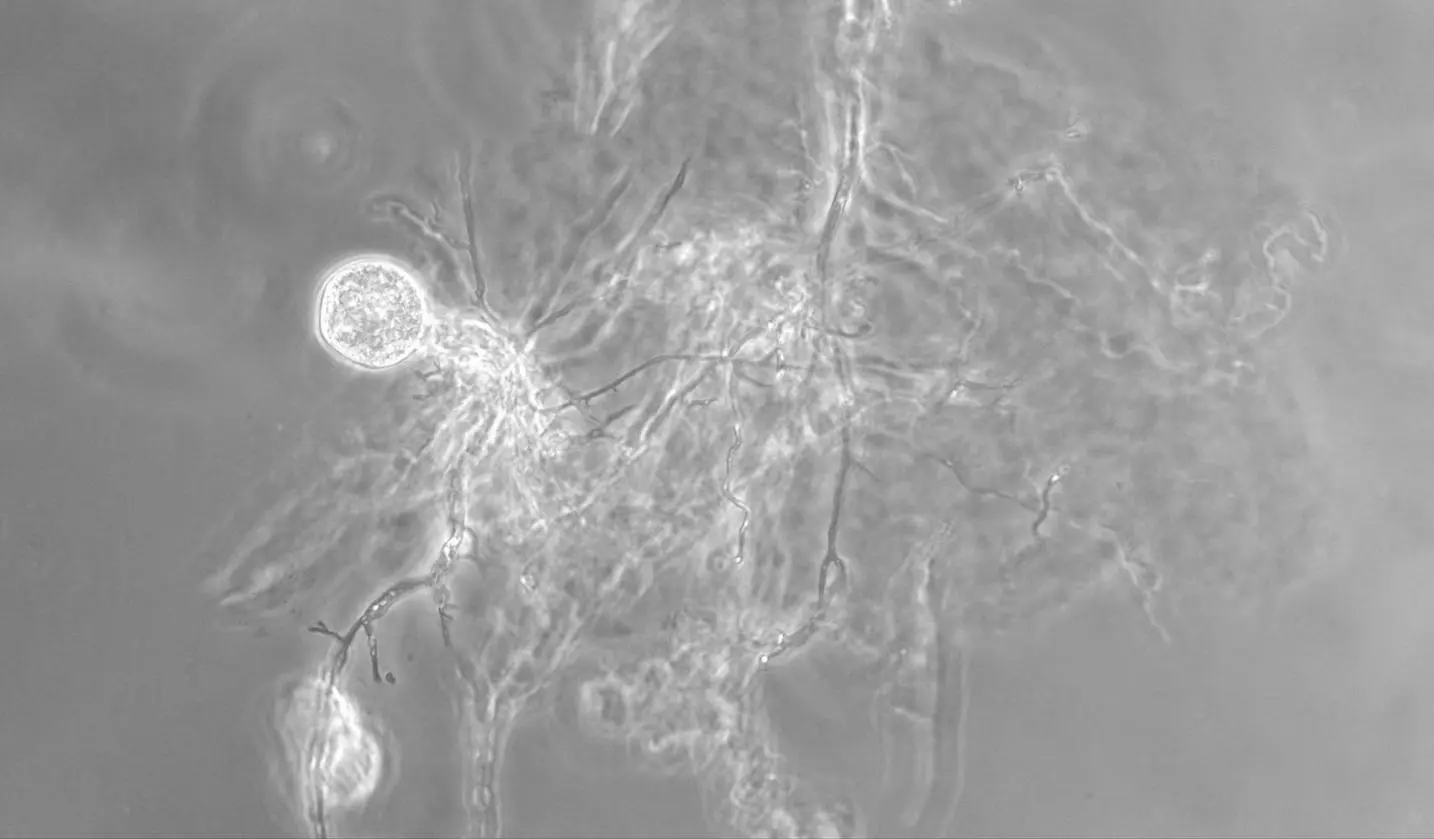
Our fields of work in the area of anaerobic fungi:
- Basic research on the symbiosis of anaerobic fungi and methanogens
- Continuous cultivation of anaerobic fungi
- Increasing methane production through the use of anaerobic fungi
Nutrient recovery
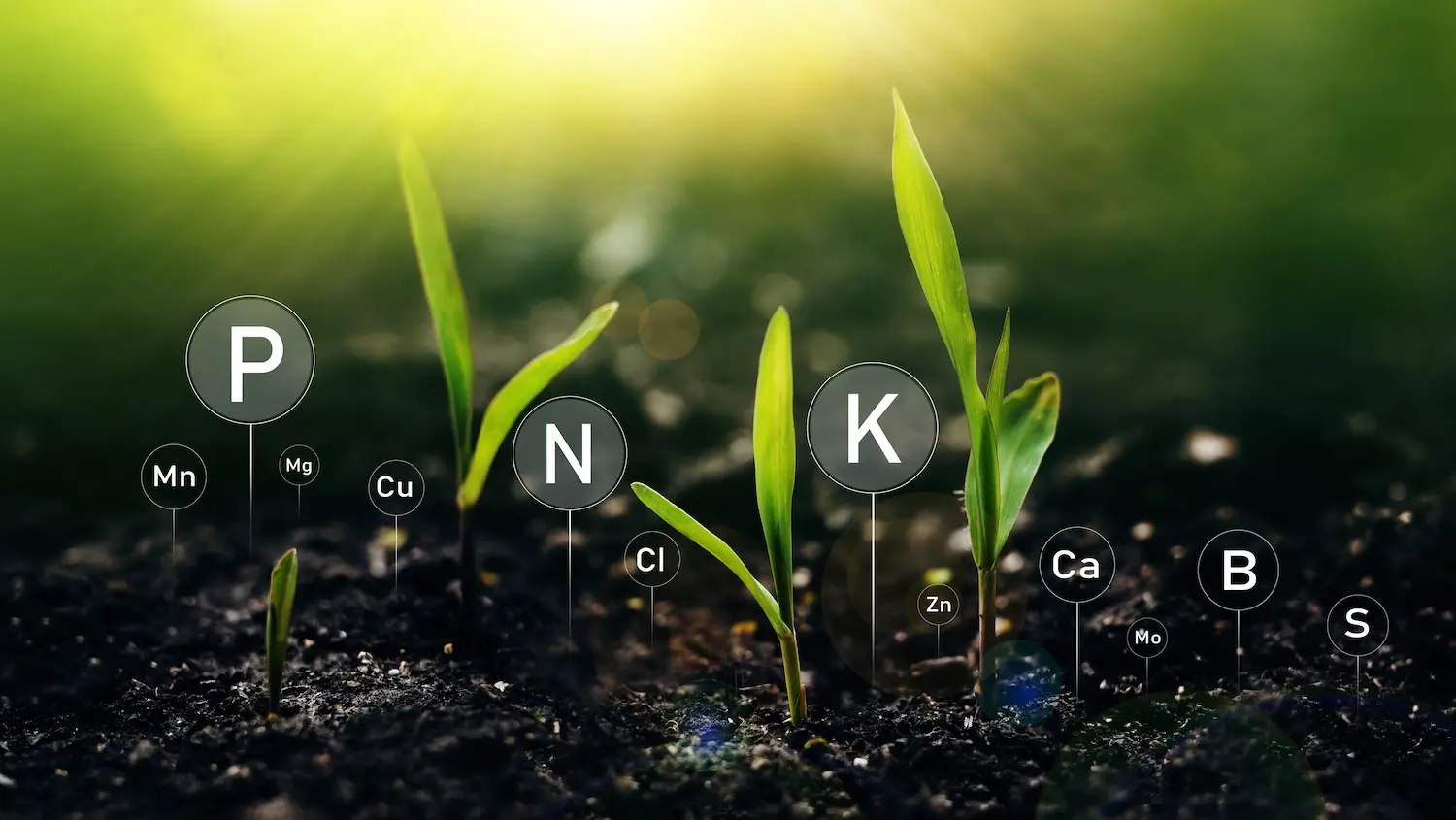
Our fields of work in the area of nutrient recovery:
- Production of fertilizers from organic residues, e.g. farmyard manure
- Phosphorus recovery from sewage sludge
Biodegradable materials
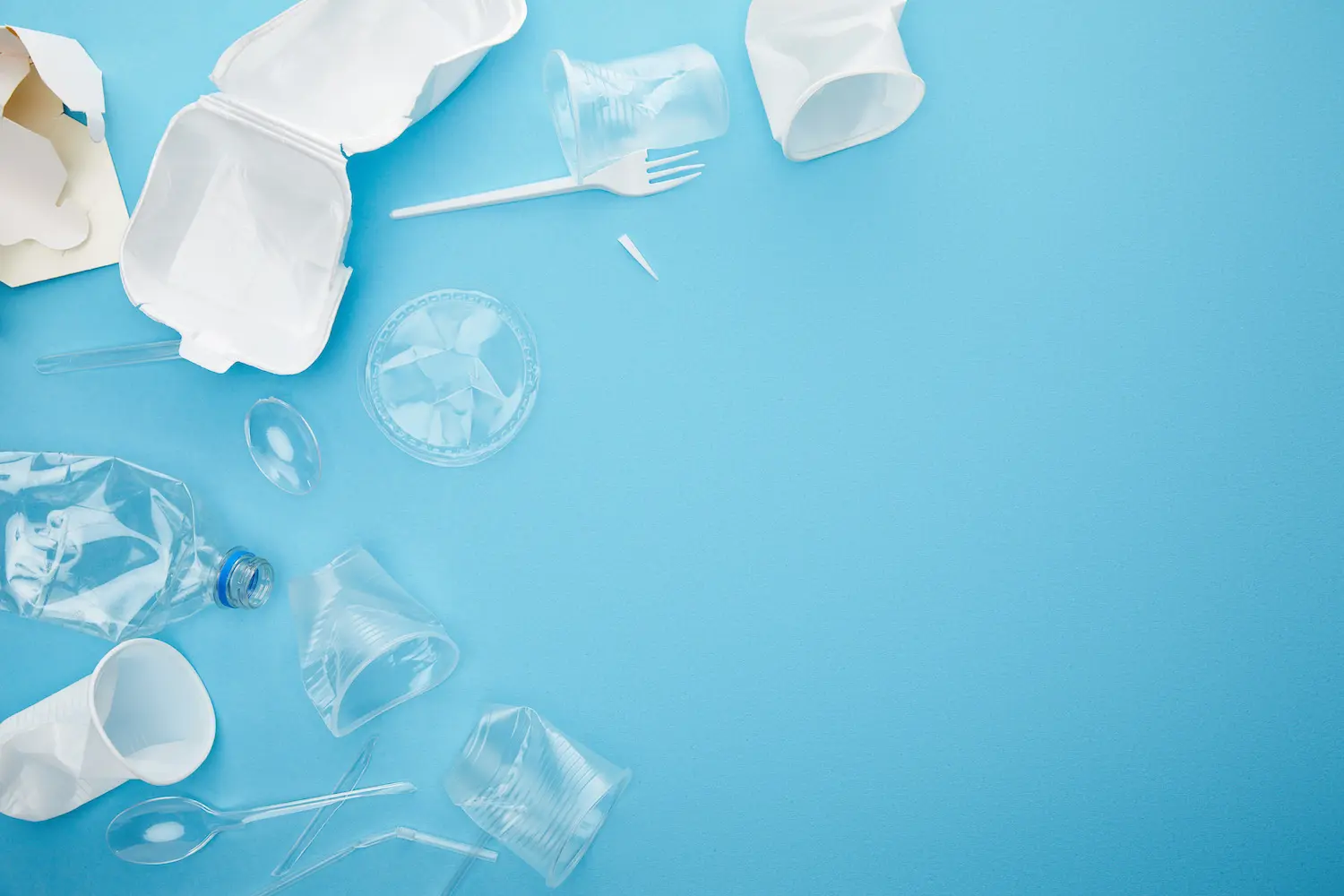
Our fields of work in the area of biodegradable materials:
- Standardized aerobic and anaerobic degradability tests
- Hazard prevention of foreign matter and pollutants entering the environment
- Assessment of environmental compatibility and investigation of exposure pathways
- Development of decision-making aids for the disposal of biodegradable materials
Wastewater and sludge treatment
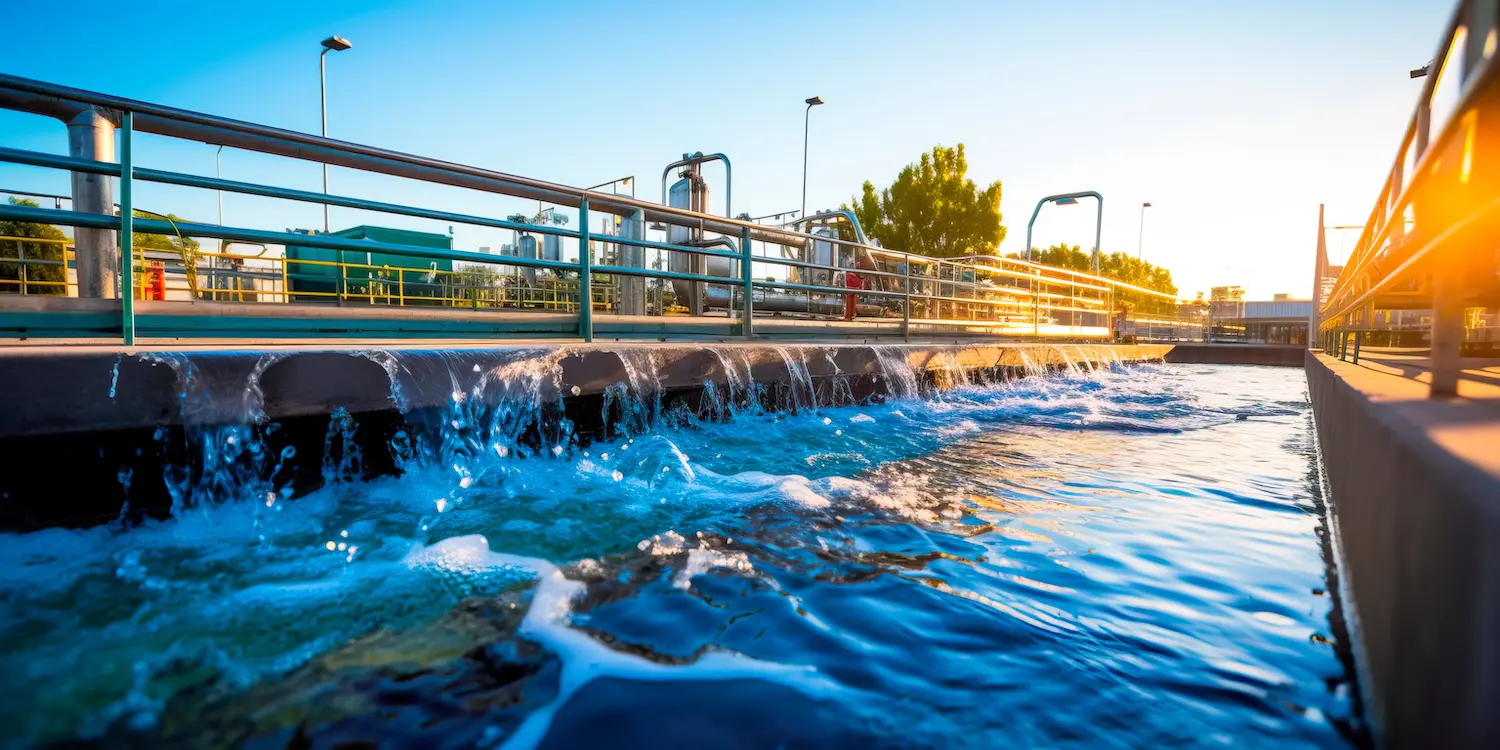
Our fields of activity in the area of wastewater and sludge treatment:
- Biological treatment of industrial wastewater with organic components
- Microscopic and microbiological characterization of activated sludge
- Closure of industrial water cycles
- Treatment and utilization of sewage sludge
Degradation tests (BOD tests & C-balance) & biomethane potential (BMP tests)
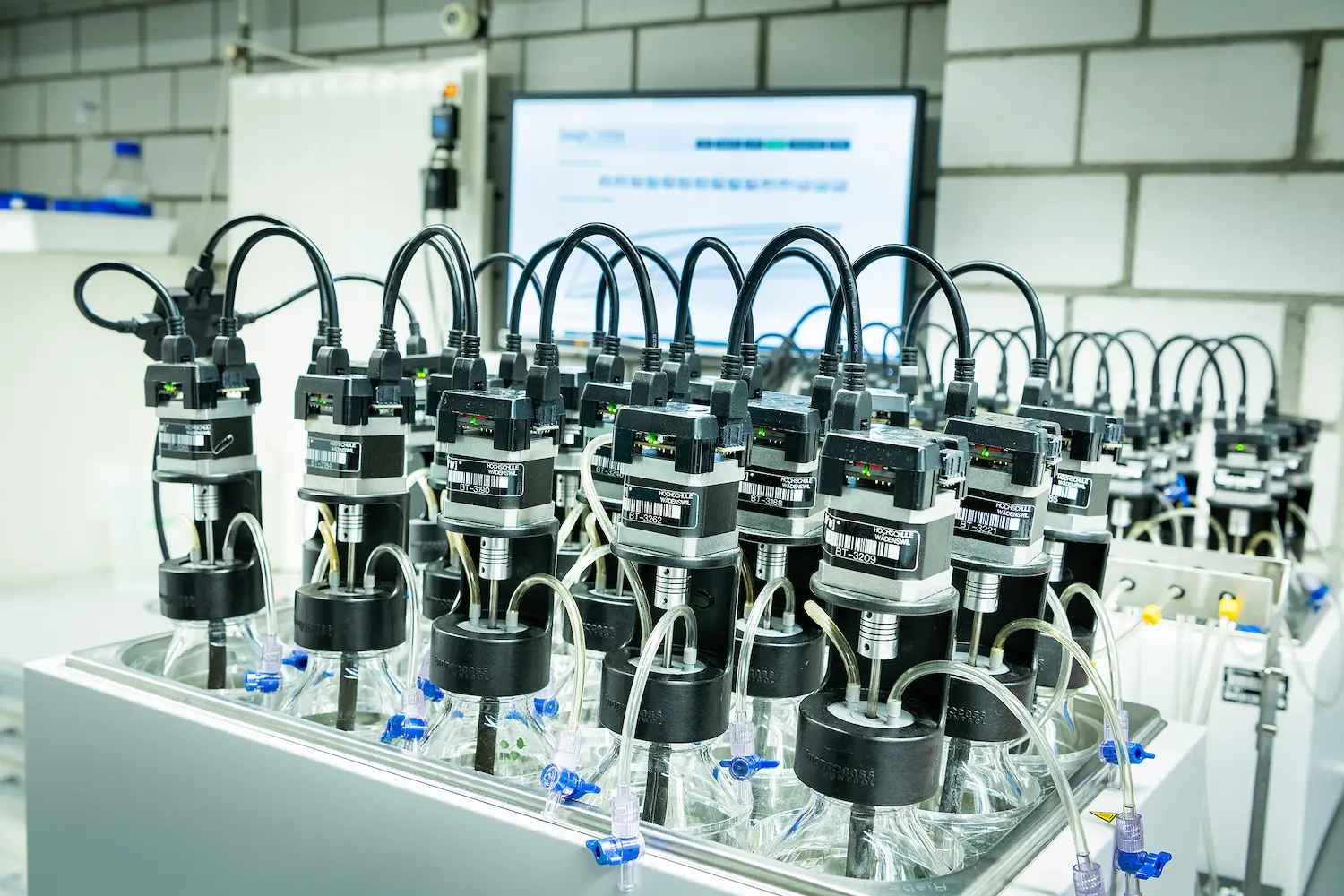
Our fields of work in the area of degradation tests:
- Aerobic degradation tests of substances or biodegradable materials (bioplastics) in wastewater, digestate, compost or soil using respirometric tests according to EN ISO standards or OECD 301.
- Anaerobic degradation tests to determine and interpret the biogas and biomethane potential (BMP) as well as the residual methane potential (RMP) of substrates and substrate mixtures according to international standards (VDI 4630) using the AMPTS system (Bioprocess Control).
Exhaust air and waste gas
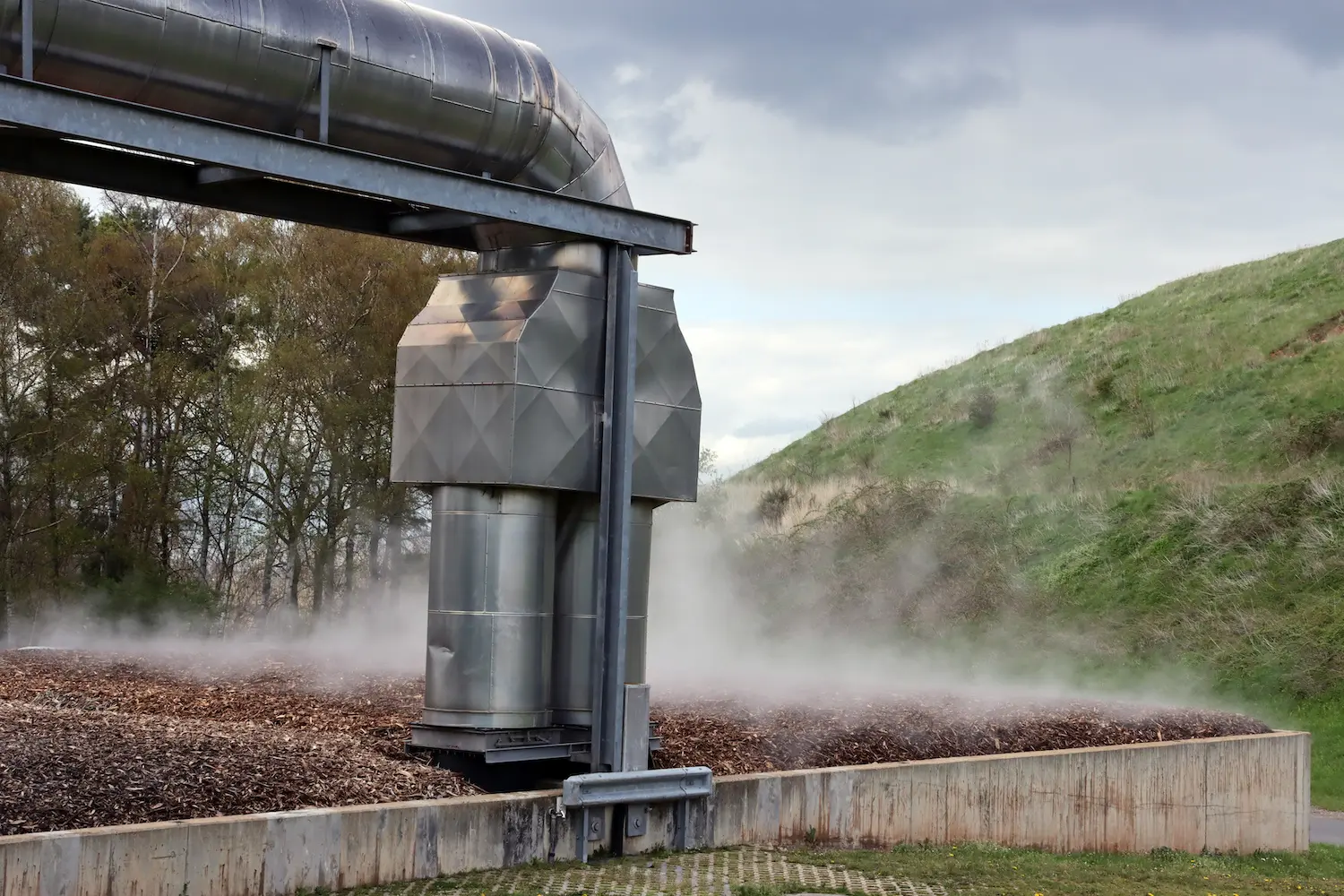
Our fields of work in the area of exhaust air and waste gas:
- Biological degradation of substances in gas and exhaust air streams (e.g. desulphurization, ammonia removal)
- Odour minimization through microbiological degradation processes
- Emission reduction in biogas & composting plants
Network Task37
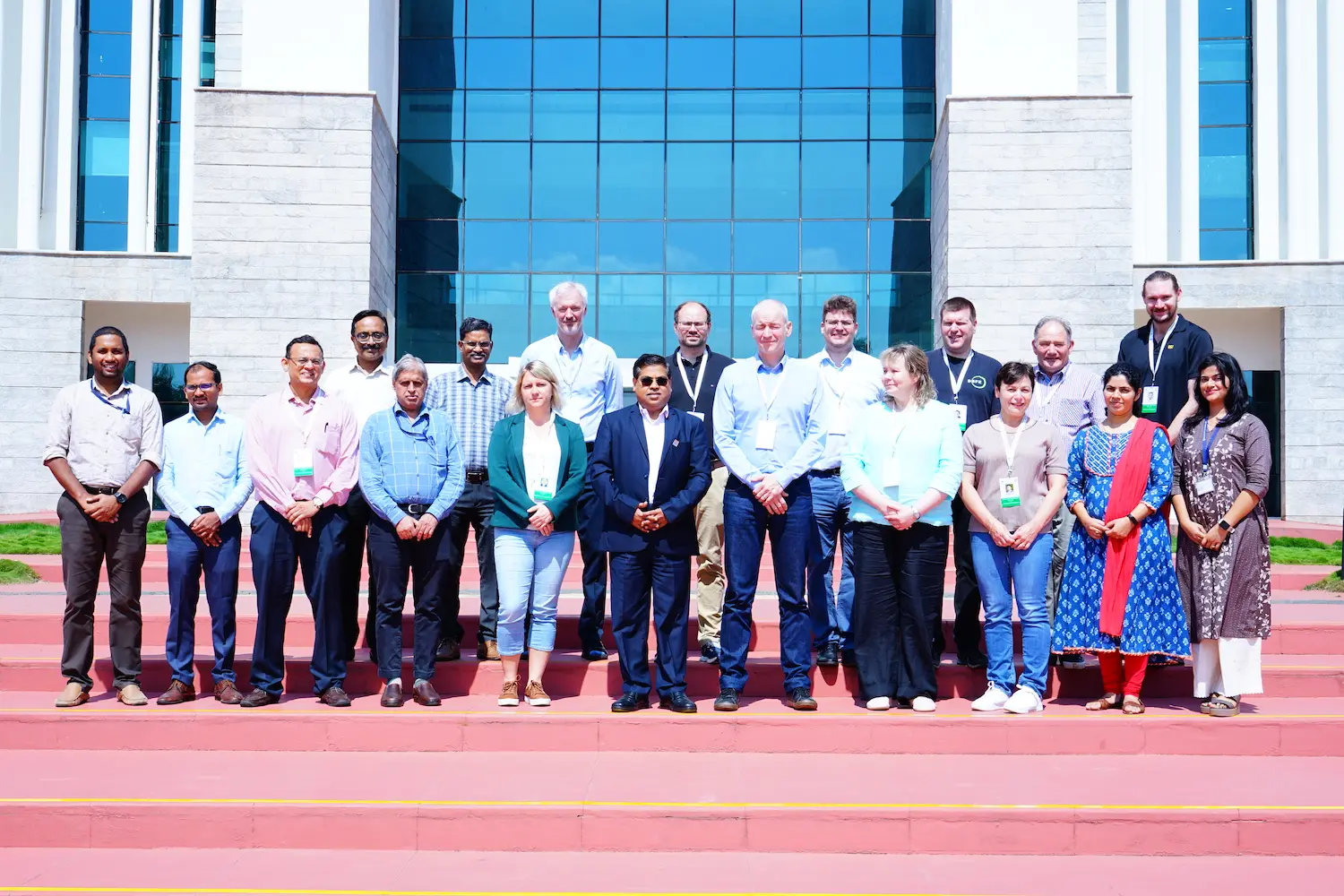
Task37 is one of 10 IEA groups promoting international cooperation between authorities, research, industry & users in the field of bioenergy. The aim is the regular exchange of information on current developments along the entire value chain of biogas production and use. Topics include the provision and logistics of substrates (energy crops, residues, waste and wastewater), microbiological conversion (incl. pre- and post-treatment), the processing and use of energy products (biogas, biomethane), the processing and use of material products (digestate, organic fertilizer).
Teaching
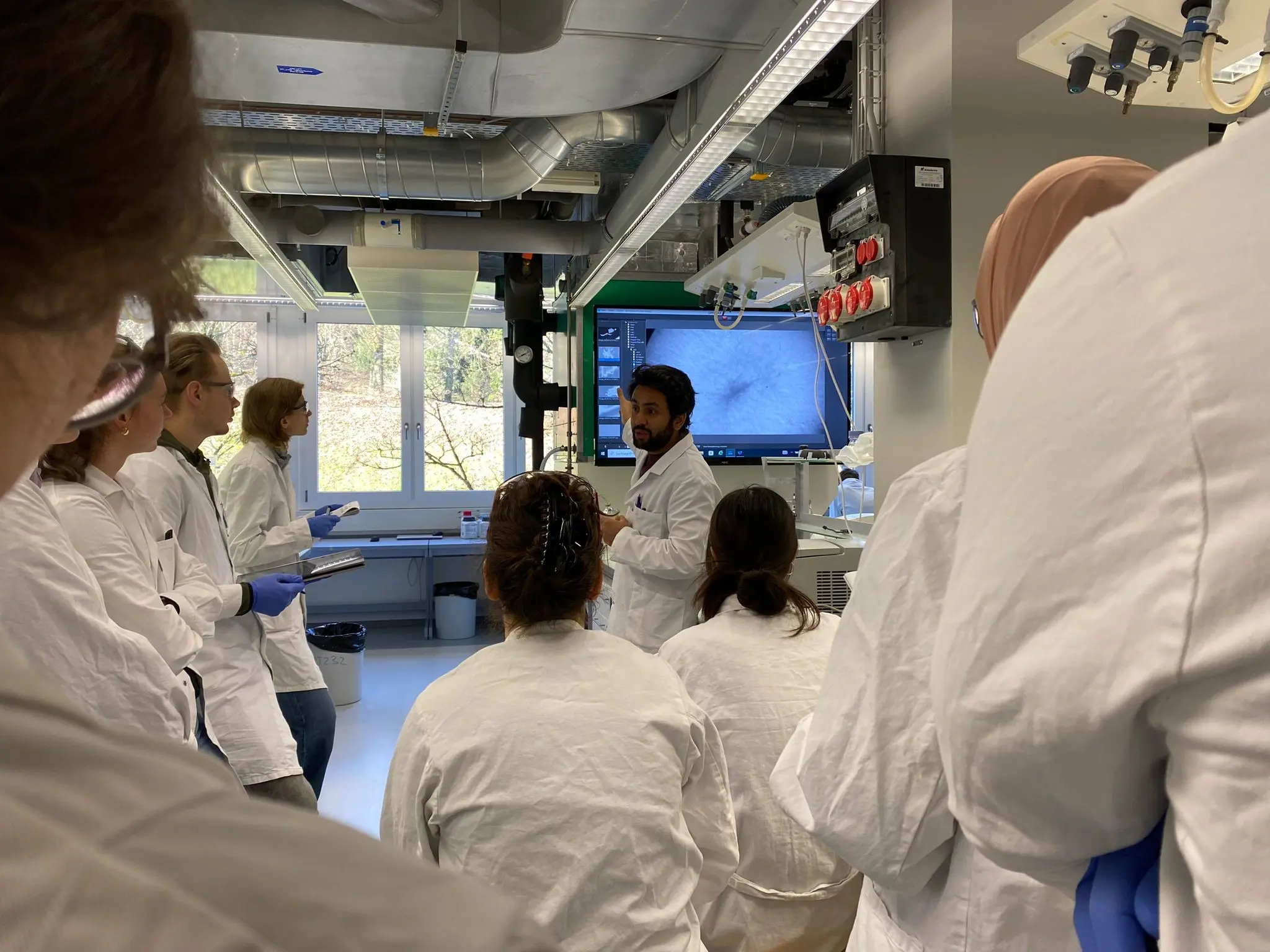
Courses
- ZHAW Biotechnology program (Environmental Biotechnology 1 and 2; Minor Environmental Chemistry and Biotechnology)
- ZHAW Master
- ZHAW Environmental Engineering program Module: Biomass as a Resource
- BioMat Summer School
- OST Module: Biomass and Biogas
- ETH Module: Experimental and Computer Laboratory I, Module: Waste Management and Circular Economy
Bachelor and Master thesis
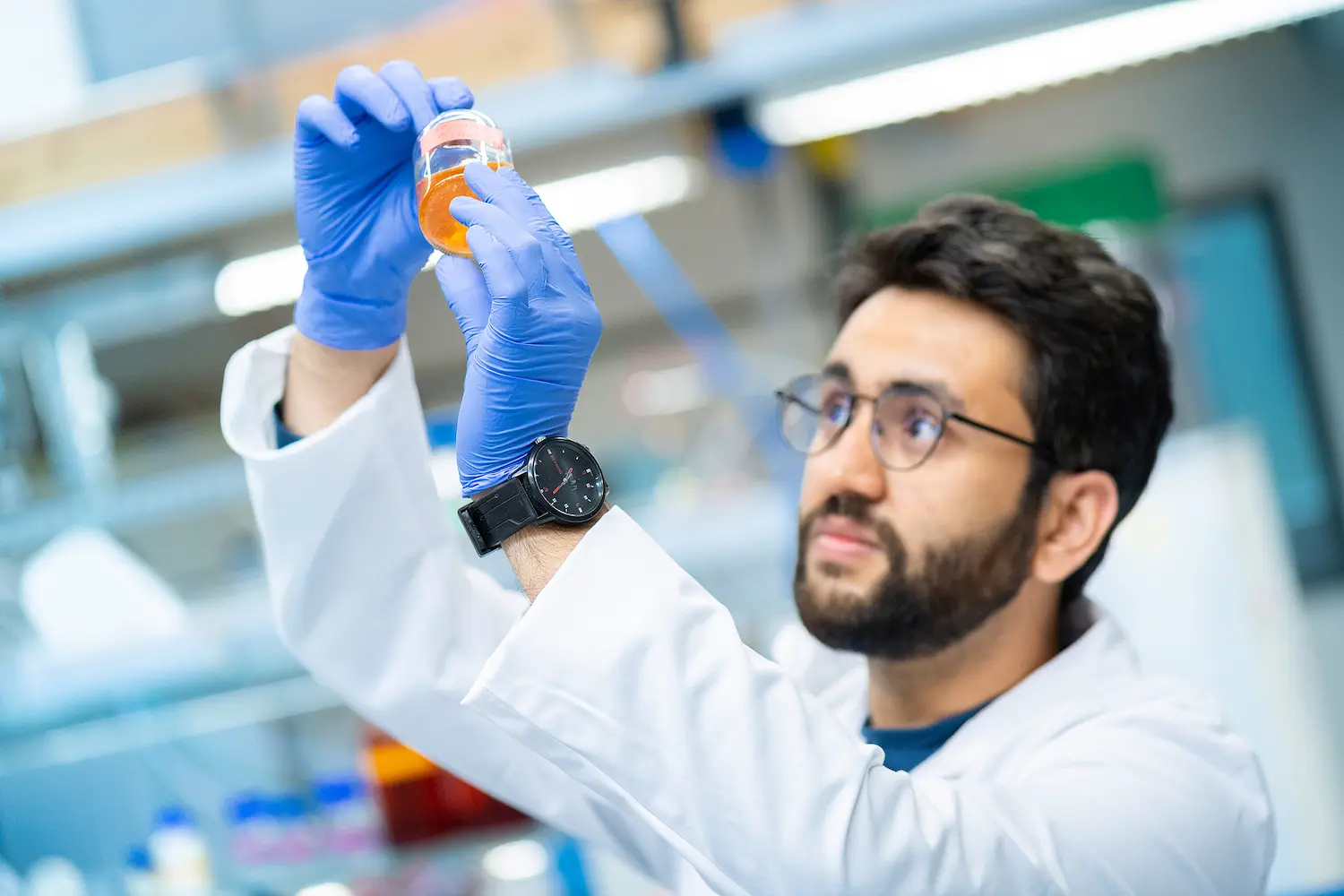
Here you will find a selection of different Bachelor and Master topics:
- Biodegradation of bio-based materials in composting and fermentation processes
- Biological treatment of process water from hydrothermal carbonization HTC
- Use of power-to-gas systems using the example of biological methanation
- Determination of the residual methane potential of biogas plants
- Mini biogas plant for tiny houses or catering businesses
- Use of anaerobic fungi for substrate treatment
If you are interested, please contact Hans-Joachim Nägele or Wolfgang Merkle.
Further education
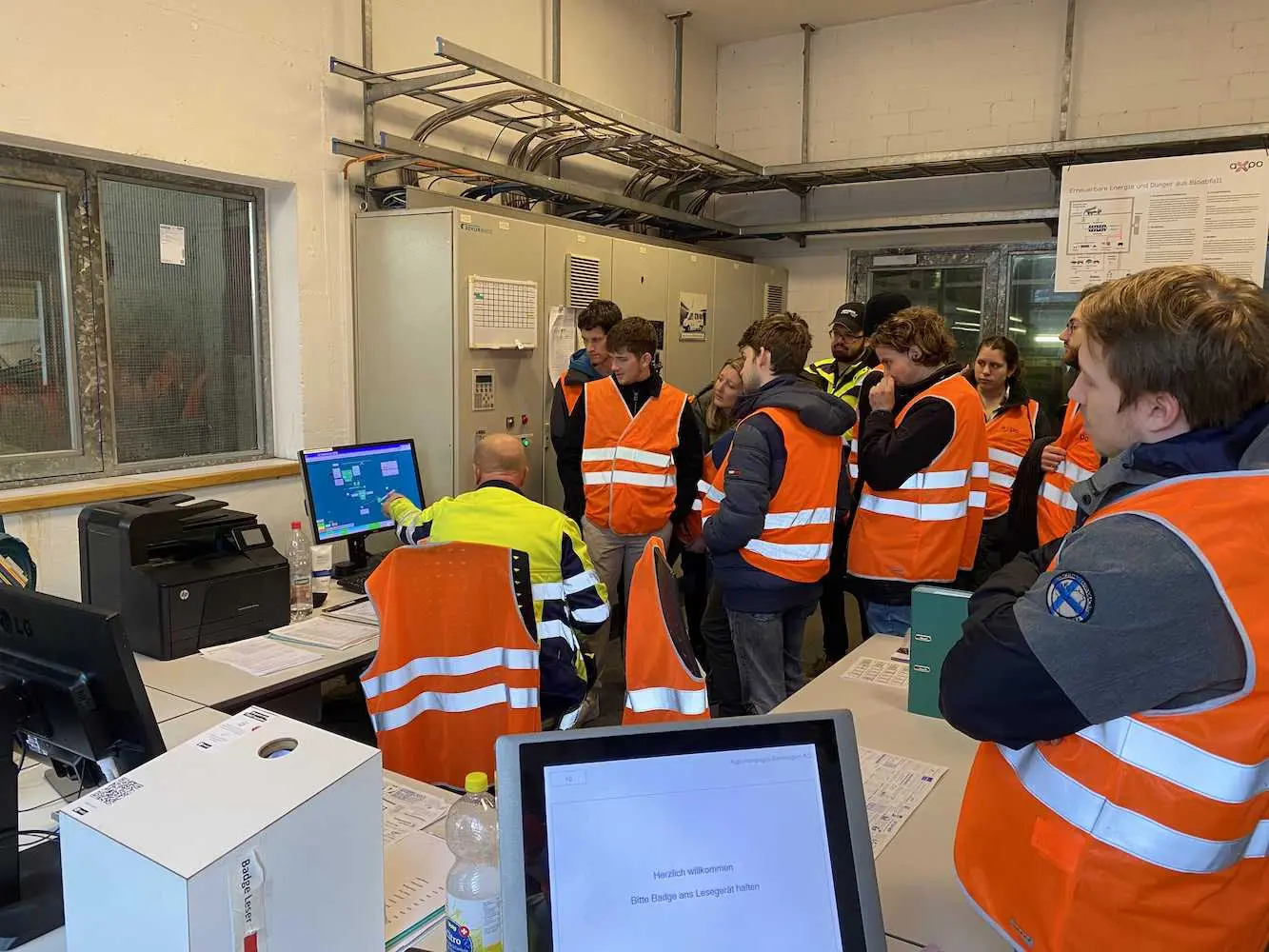
Our employees support the Swiss composting and fermentation industry by imparting theoretical and practical specialist knowledge to operators and their staff in basic and refresher courses.
- Basic and refresher course for the composting and fermentation industry
Projects
Unfortunately, no list of projects can be displayed here at the moment. Until the list is available again, the project search on the ZHAW homepage can be used.
Publications
-
Baier, Urs,
2016.
Neue Möglichkeiten bei der Verwertung von biogenen Abfällen [paper].
In:
VVEA-Tagung 1.0 - Recycling lohnt sich, Bern, 31. Mai 2016.
-
Baier, Urs; Kühni, Martin; Wanner, Rahel; Krebs, Rolf,
2015.
GWF. Wasser, Abwasser.
-
Baier, Urs; Cunningham, Michael; Fink, Andrin,
2015.
Methanemissionen auf Kläranlagen.
Aqua & Gas.
95(3), pp. 60-62.
-
Edelmann, Werner; Engeli, Hans; Baier, Urs; Rüsch, Florian,
2015.
In:
Biogas - Expo & Congress 2015, Offenburg, Deutschland, 25.-26. November 2015.
-
Baier, Urs; Fuchs, Jacques; Berner, Alfred; Schleiss, Konrad,
2015.
Waste biomass and organic fertilizers as a source of pathogens [paper].
In:
Minisymposium «Environmental Microbiology & Biomass», Strasbourg, France, 10 April 2015.
Collaborations
Associations and organisations
Biofuels Schweiz
The official association of the Swiss biofuel industry defines and publishes standards, guidelines and certification principle.
Biomasse Suisse
This industry association advocates for the sensible use of biomass.
IEA Biogenergie Task 37
The Energy from Biogas international research group focuses on all topics relating to the production of biogas through anaerobic digestion.
Ökostrom Schweiz
The cooperative is the industry association for agricultural biogas plant operators in Switzerland.
VSA
The Swiss Water Pollution Control Association advocates for clean, living waters.
Research networks
Energy research at the ZHAW
